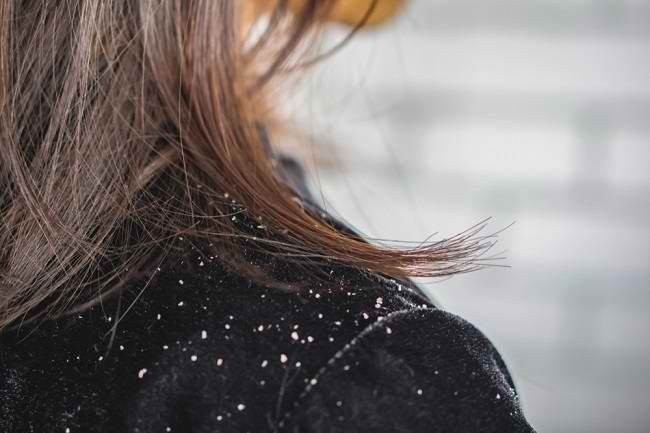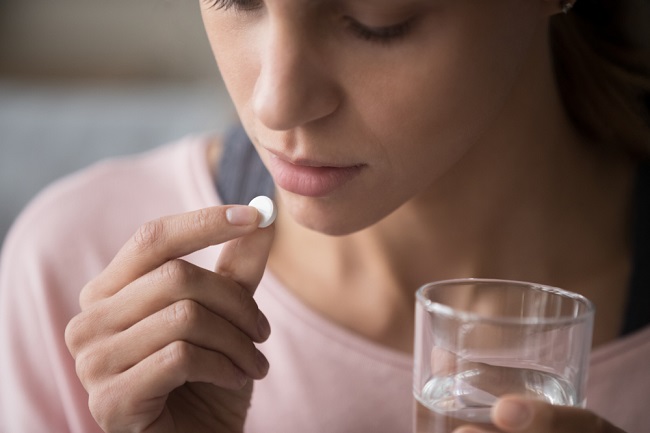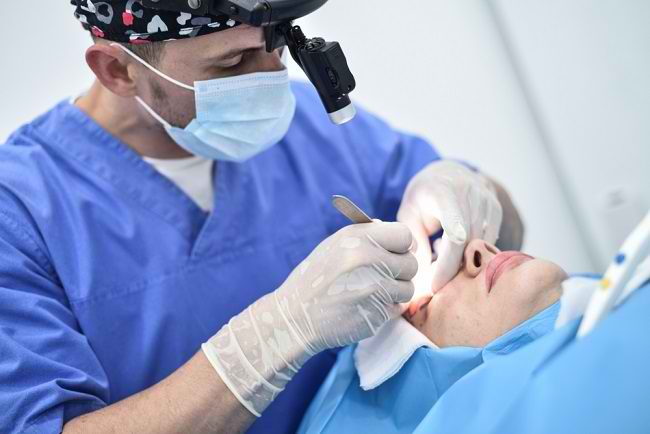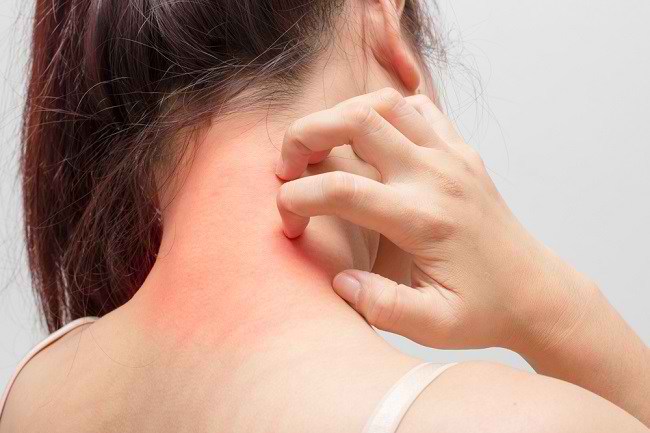Not only in fairy tales, prolonged sleep conditions like Aurora the Sleeping Beauty are actually real. Patients with sleeping princess syndrome can sleep up to 20 hours a day for several days to months. Come on, find out more about the causes, symptoms, and ways of treating this syndrome.
Sleeping Beauty Syndrome or Kleine-Levin syndrome (KLS) is a rare disease that has typical symptoms, namely the sufferer can sleep for a long time or hypersomnia.

Sleeping Beauty Syndrome usually affects teenagers and about 70 percent of sufferers are men. However, this disorder can affect anyone of any age.
Causes of Sleeping Beauty Syndrome
The cause of sleeping princess syndrome is still not known with certainty. However, this syndrome may be caused by disorders in several parts of the brain, specifically the hypothalamus and thalamus. Both parts play a role in regulating appetite, sleep patterns, and body temperature.
In addition, heredity or genetic factors and autoimmune diseases are also believed to be the cause of Sleeping Beauty Syndrome. However, further research is needed to determine whether Sleeping Beauty Syndrome is related to this condition or not.
Know Sleeping Beauty Syndrome Symptoms
There are several symptoms that are generally experienced by patients with sleeping princess syndrome, including:
- Incredible sleepiness
- Uncontrollable urge to sleep
- Difficult to wake up in the morning
- Disorientation or not recognizing the surrounding environment
- hallucination
- Easily angry and offended
- Fussy or childlike behavior
- Excessive appetite
- Strong sexual urge and hard to contain
- Tired easily
- Dazed when you wake up
The various conditions above resemble the symptoms of hypersomnia. This can occur due to reduced blood supply to parts of the brain during the appearance of symptoms. During the sleep period, people with syndrome sleeping beauty may wake up occasionally to go to the bathroom or eat, then go back to sleep.
The timing of symptoms is usually unpredictable. Symptoms can come and go, even disappear for months before finally recurring.
After a period of sleep ends, people with Sleeping Beauty Syndrome will usually experience symptoms of depression, disturbances mood, and cannot remember things that happened during this period.
In some cases, the symptoms of Sleeping Beauty Syndrome will disappear with age. However, symptoms may reappear at a later date.
Diagnosing Sleeping Beauty Syndrome
Sleeping Beauty Syndrome is difficult to diagnose. The reason is, the main symptoms of this syndrome are similar to several other diseases, such as neurological diseases and psychiatric disorders. Diagnosing Sleeping Beauty Syndrome usually takes years.
Syndrome sufferers sleeping beauty need to undergo a series of medical tests to confirm his condition. The types of inspections carried out are:
- Medical history and physical examination
- Psychological examination
- blood test
- Inspection sleep study
- CT scan
- MRI
This examination is carried out to rule out the possibility of other diseases that have symptoms similar to Sleeping Beauty's syndrome, such as diabetes, hypothyroidism, tumors, inflammation, infections, sleep disorders including hypersomnia, and neurological diseases such as multiple sclerosis.
Treat Sleeping Beauty Syndrome
So far there is no treatment that can cure Sleeping Beauty Syndrome. The treatment given is only aimed at reducing the symptoms.
Stimulant drugs, such as amphetamines, methylphenidate, and modafinil can be used to treat excessive drowsiness. However, these types of drugs can make people with Sleeping Beauty Syndrome become irritable.
In addition, medications to treat mood disorders, such as lithium and carbamazepine, can also be used to relieve symptoms of the syndrome sleeping beauty.
Close monitoring of the patient at home when the symptoms of this syndrome appear is much more advisable than medical treatment. Patients with sleeping princess syndrome will usually find it difficult to take care of themselves. Therefore, the help of others is needed.
If you experience the symptoms of sleeping princess syndrome as above, immediately consult a doctor to get a diagnosis and get the right treatment.









